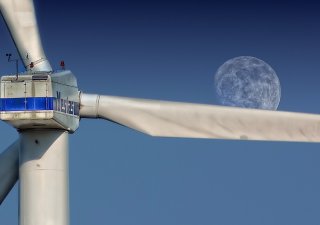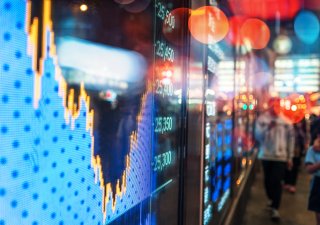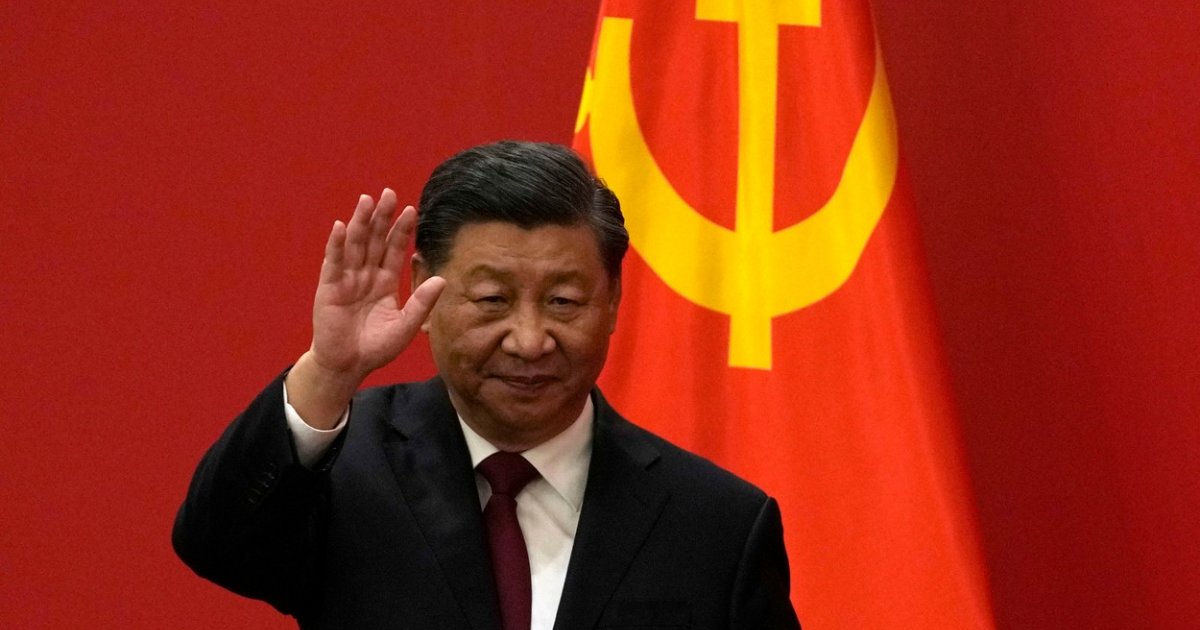Mainland China shares trading on the Hong Kong Stock Exchange fell 7.3% on Monday. This is the deepest drop in the relevant indicator – Hang Seng China Enterprise Index – since the global financial crisis of 2008. It also strongly weakened Hong Kong’s leading equity indicator – Hang Seng – which lost 6.4% . Chinese stocks trading in other parts of the world, such as the United States, are also weakening.
This is the worst response of the Hang Seng China Enterprise Index to the outcome of the Communist Party’s most important congress, which has been held once every five years since 1994, when the index began to be compiled.
The result would probably be even worse if it did China did not record a surprisingly solid figure for its economic growth in the third quarter. China’s economy grew 3.9 percent year-on-year from July to September, while experts say it should have been just 3.4 percent.
Despite a positive surprise from China’s real economy, Mainland China stocks trading in Hong Kong fell as low as (for the full period since 2001) against US stocks included in the US flagship 500 index. , according to Bloomberg data. At the end of 2001, China was admitted to the World Trade Organization, which represents a milestone in its economic and geopolitical rise over the past few decades.
Investors are fleeing Hong Kong. The stock market panic was caused by the Chinese Communists
Hong Kong stocks started the new week with a steep drop after the Chinese Communist Party congress. The main Hang Seng index fell about seven percent before the end of trading. But mainland China stocks also suffered losses. The market is reacting with a sell-off to the hypothesis that incumbent president Xi Jinping and his new team will favor ideology over the economy in the next term.
The all too regular performance of the latest Chinese Communist Congress, which ended over the weekend, is bad news for the markets. Equity markets were mainly driven by tech stocks like Alibaba. At the convention, current President Xi Jinping consolidated his power and thus begins his third term in an unprecedented way. He thus becomes the longest-lived Chinese “helmsman” since the time of Mao Zedong.
At the same time, it takes a strong stance towards tech companies in particular. Some believe he is doing it out of fear of tech moguls like Jack Ma getting into his head. Others think so it does not want to allow a small group of tech entrepreneurs to get too rich and top managers of their companies, which would further significantly open up the fortunes of Chinese society and thus contribute to its dangerous destabilization.
However, after the congress, President Xi will be surrounded not only by loyalists in the most internal leadership of the Politburo, the market with less prone garments, but also supporters of a hard line approach to covid contagion. Markets are also in decline due to fears that the regime’s zero tolerance policy will not ease the covid.

China is planning an offshore wind farm with more power than Norway’s
The city of Chaozhou in southeast China plans to build an offshore wind farm with more power than all power plants in Norway combined. Referring to the five-year plan of the city in Guangdong province, Bloomberg reported on it. Zhaozhou intends to start work on the project by 2025. The power of the wind farm, which will be located in the Taiwan Strait at a distance of between 75 and 185 kilometers from the coast, will be 43.3 gigawatts according to the aforementioned plan.
According to official Chinese statistics, which must be taken with a grain of salt, Beijing’s tough approach to covid is effective. For example, in the United States, over a million people have succumbed to covid so far. Despite the fact that China has more than four times the population of the United States, covid has so far claimed just over 5,000 lives. At the same time, if the population-related number of covid deaths were to match the situation in the United States, there should be about 4.2 million of these deaths in China.
Proponents of zero tolerance for covid fear that easing restrictions could cause a dramatic increase in the number of deaths and destabilize society as well. They prefer to choose the path of restrictions, which, of course, cause weaker economic growth, thus limiting the profitability of companies listed on the stock exchanges of mainland China and Hong Kong.

Investors have already written off Hong Kong. Shares have fallen by a third since the beginning of the year
Hong Kong’s leading stock index is at its lowest since the financial crisis of 2009. It has been falling steadily for nearly two years, and analysts say the attitude of the new Hong Kong governor is responsible for his latest woes. According to them, in his speech on Wednesday, he did not outline any concrete plans to stop the growing influence of other financial centers in Asia, particularly Singapore.


